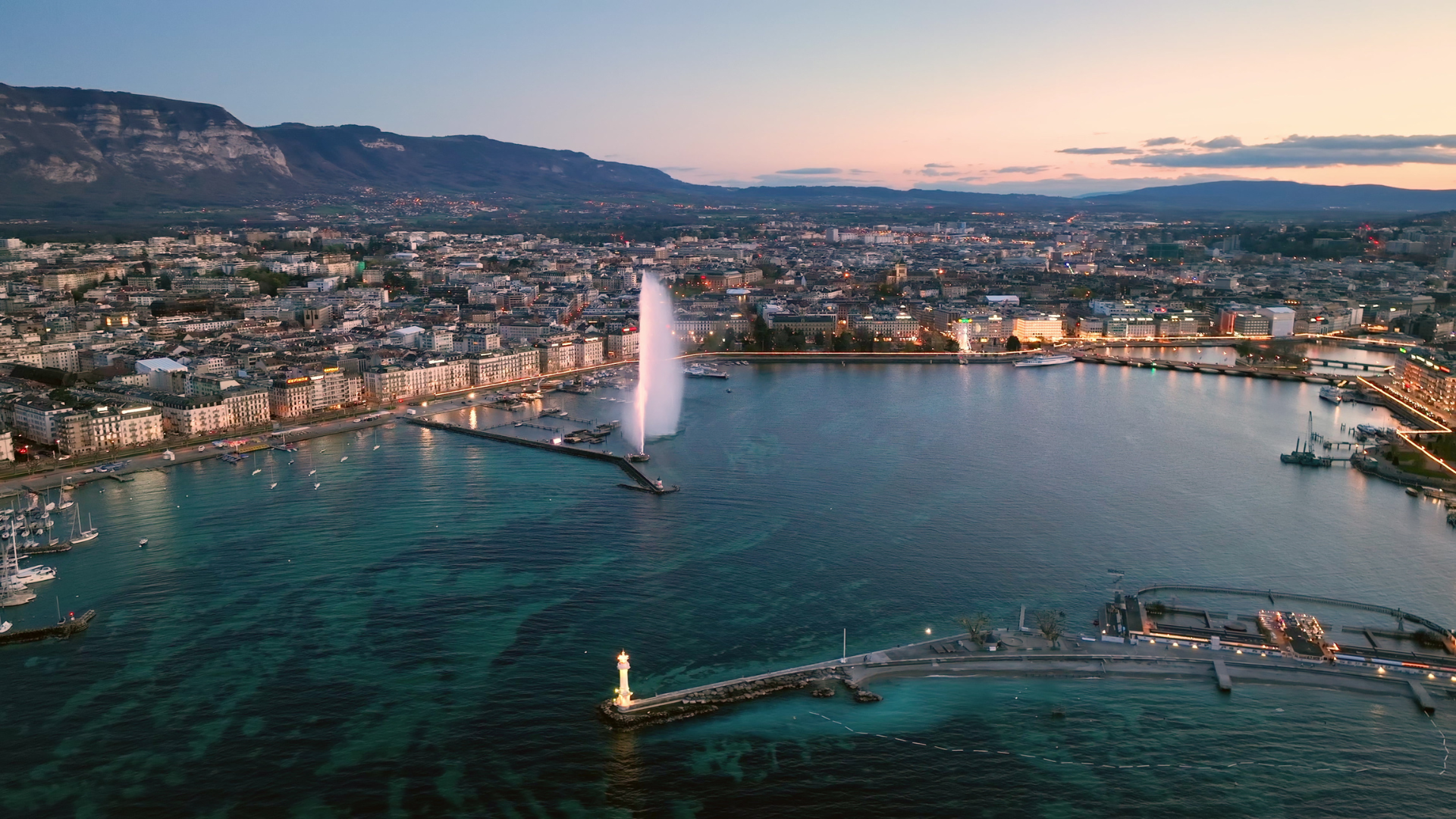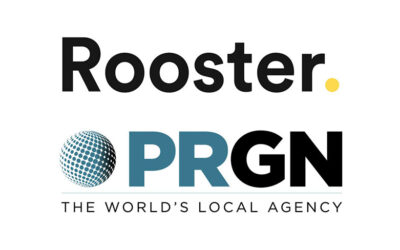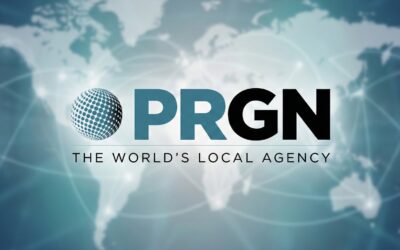Business environment in Switzerland
Switzerland is in fact a country of four capitals: Geneva, home of private banks, fragrances and watches industries, multinationals, and international organisations; Berne, the political capital and seat of the country; Zurich, home to international banks and many Swiss enterprises; Basel, the seat of some the world’s biggest pharma and chemicals companies.

Geneva, Switzerland | Photo courtesy of Canva Pro
Spread out throughout are pockets and hubs of startups, pushing through innovations in biotech, healthtech, fintech, crypto, and much more. It’s one of the best startup ecosystems in the world, bolstered by the renowned polytechnical universities in Lausanne (EPFL) and Zurich (ETHZ).
Switzerland is a federal republic, and each state (canton) has its own parliament and governing bodies – and so do cities and small villages.
Importantly, each canton and each of the four cities mentioned above are fiercely proud of their history, heritage, and business environment. They all compete with each other to attract businesses, talent, and investors.
Media, Communications and PR environment in Switzerland
There are four official languages in Switzerland and 26 states (cantons). There is no one, single media across the country. In fact, Switzerland has one of the most diverse media landscapes, with many independent online outlets competing with the traditional papers. The infamous “röstigraben” separates the German and French-speaking regions, the name given to the cultural boundary between the two parts of the country.
Companies often make the mistake and think they can “take over” the Swiss market out of Paris or from Frankfurt.
There are many examples of companies that have attempted to enter the Swiss market by having a single communications plan that spans Europe, with Switzerland neatly tucked into the “DACH” region (Germany, Austria, Switzerland). Such an approach is destined to fail as it does not take into account the nuances of this market and the significant differences that apply to each linguistic region.
In reality, Switzerland is a relationship-based environment, where having a common origin or cultural references is more likely to open doors.
What makes a PR agency effective in Switzerland is being able to speak the local language, understanding the local mentality, and knowing the journalists and policy-makers in each state.
Key expertise of Cabinet Privé de Conseils
Relationships with relevant journalists and media across Switzerland.
A multilingual team that can speak the local languages across the country and understands the culture of each client.
A finger on the pulse when it comes to political and regulatory developments in the country based on the principle of direct democracy and federalism.
Top 3 advice for companies to navigate the media and communications environment in Switzerland
1. Hire a local PR or PA agency that has the right contacts.
2. Don’t make the mistake of assuming that what lands well in Zurich will also be well received in Geneva, or anywhere else in Switzerland.
3. Consider a PR agency with multicultural skills that is used to working in international environments.
Most influential media for communication in Switzerland
- Le Temps, a national business newspaper, published in French only, highly influential in the French speaking parts.
- NZZ, a national business newspaper, published in German only, highly influential in the German speaking parts.
- Swiss newswires AWP and ATS, which can disseminate announcements across Swiss media in all relevant languages.
- National broadcasting channels RTS, SFR, and RSI, covering the French, German and Italian regions respectively. Each one has their own editorial teams and agendas.
- Local cantonal (state) media which are highly regarded and read by the local populations, alongside local radio and TV stations. These should be prioritized when announcing anything regional, for example the opening of a new site or office.
Most popular social media channels in Switzerland
- Facebook: Approximately 5.65 million users, accounting for 62.9% of the population.
- Instagram: Around 4.13 million users, representing 46% of the population.
- TikTok: Approximately 2 million users, reflecting a growing trend among younger demographics.
- LinkedIn: About 1.5 million users, which is 16.7% of the population.
- X: About 0.91 million users. Accounting for 9.27% of the market share.
Most important international events in Switzerland in 2025
Switzerland is set to host several significant international events in 2025 across various sectors:
World Economic Forum Annual Meeting: Held in January 2025 in Davos, this gathering attracts global leaders from politics, business, and academia to discuss pressing global issues. For agencies, it’s an opportunity to engage with thought leaders and stay abreast of global economic trends.
Watches and Wonders: The world’s leading watchmaking trade show will take place in April. The event will feature 60 brands, including BVLGARI and six new independent watchmakers. Public days are scheduled from April 5–7, offering a unique opportunity to explore the latest horological innovations. This is a prime event for luxury brand storytelling and industry networking in Geneva.
Montreux Jazz Festival: Taking place in July 2025, this renowned music festival draws artists and audiences worldwide. It’s an excellent platform for cultural engagement and networking within the creative industries.
Art Basel: Held in June 2025, Art Basel is a premier art fair attracting galleries, collectors, and artists globally. It’s a key event for those interested in contemporary art and cultural trends.
Eurovision: For the first time, Basel will host the Eurovision Song Contest at St. Jakobshalle. As one of the world’s largest music events, it offers significant PR and branding opportunities, with a massive international audience.



